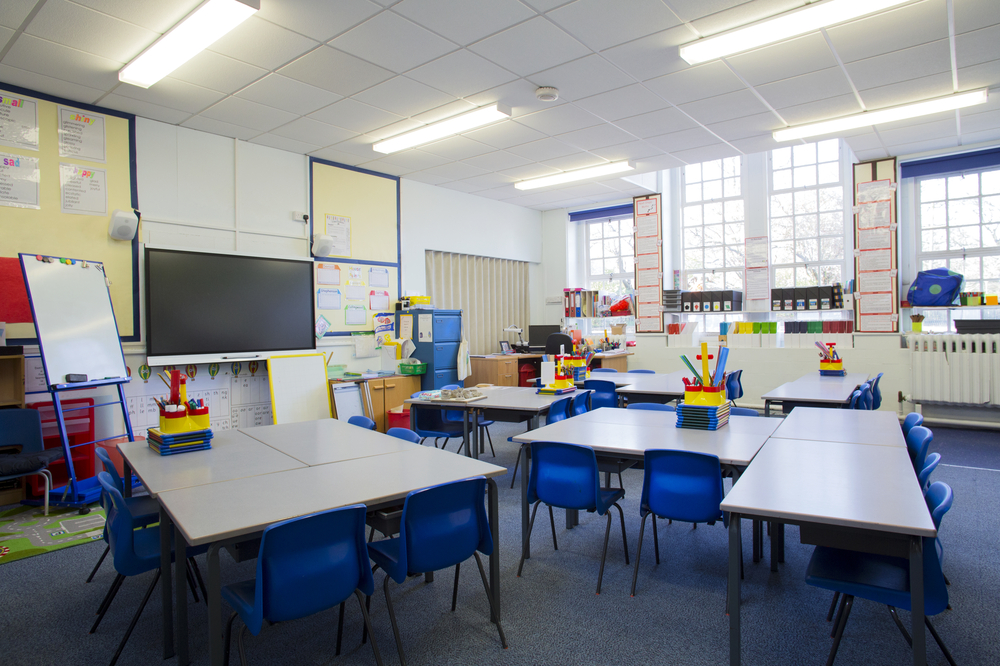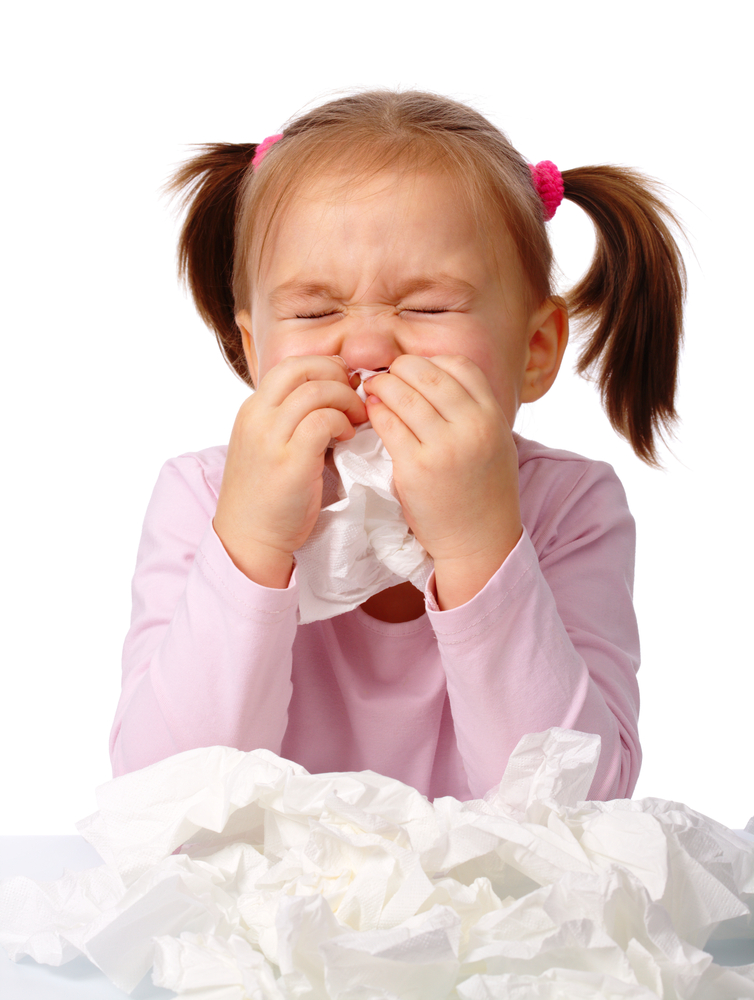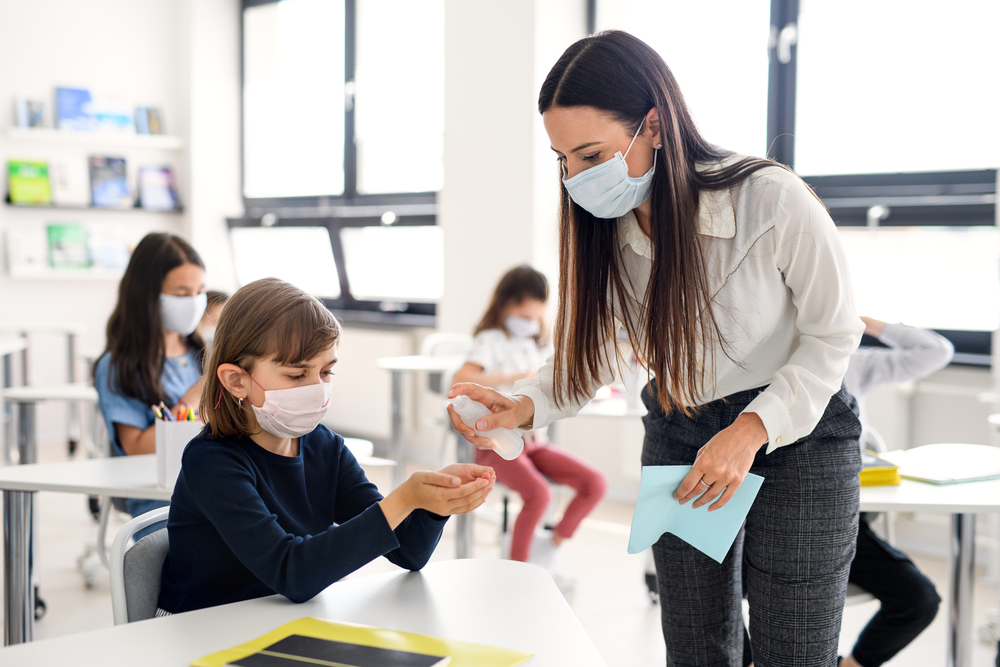
A survey published by the Global Hygiene Council (GHC) has found that an astonishing 42% of children between the ages of 5-10 do not know how to wash their hands while at school properly.
This survey assessed primary school students from across seven countries, including the UK, Indonesia, China, Australia, Saudi Arabia, India and South Africa.
At schools, the survey found that 44% of students stated that someone, i.e. a teacher, would ensure they washed their hands before eating and after playing outside.
On average, only 60% of children stated that soap was always available in school settings, with one in 10 reporting that soap was never available.

Across the world, schools begin to reopen after COVID-19 cases start to diminish. Educators must now strongly focus on teaching students the importance of hygiene as not just a short-term measure but as a life skill. While COVID-19 is still fresh in the mind of many, effective hand hygiene also prevents many other illnesses besides respiratory infections such as gastrointestinal infections, i.e. diarrhea.
Evidence suggests that hand washing is the best line of defense against the spread of germs, with 20 seconds washing and drying being a pivotal tactic to diminishing cross-contamination.

According to the American Journal of Infection, “effective hand hygiene practices will reduce the risk of cross-contamination by 50% and the need for antibiotics by 30%”.
While the majority of children know they need to wash their hands after using the restroom, before eating and after playing – many are not putting it into practice, highlighting a gap in knowledge about the importance of handwashing.

As students return to their classrooms, teachers need to find time during their hectic schedules to routinely teach effective hand hygiene once a week and eventually, once COVID-19 drops off, run a workshop once a month.
These lessons can result in a decrease in infections, absenteeism, and associated costs.
If you are school faculty and are wanting to teach hand hygiene to students, grab the GlitterBug Whole School Kit.
Global Handwashing Partnership 2020, Almost half of children are not always using soap when washing hands at school, new global survey finds <https://globalhandwashing.org/almost-half-of-children-are-not-always-using-soap-when-washing-hands-at-school-new-survey-by-the-global-hygiene-council-finds/>